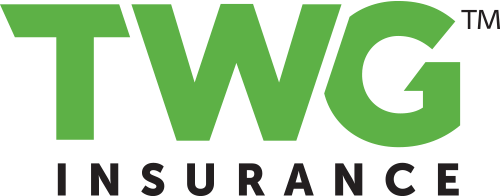
There are three primary components of auto insurance. Depending on where you live, some may be mandatory and others may be optional.
- Liability — Pays expenses related to bodily injury to another person or property damage caused by your vehicle
- Comprehensive — Reimburses any damage or replacement required for your own vehicle due to incidents not related to driving, such as theft, fire, hail or vandalism
- Collision — Covers any expenses required to repair your own vehicle if you hit an object or are found at fault in an accident
These are fairly broad definitions for each coverage type. It’s important to know that there are some common exclusions to each, meaning certain scenarios listed in the policy details would not be covered.
Understand your policy
As with any insurance policy, exclusions may vary by company. The list below includes the most frequent exclusions, but there could be others. Review and understand the specifics of your policy — don’t wait until a claim to discover something won’t be covered.
Theft of personal belongings inside your vehicle
Comprehensive coverage may pay for theft or vandalism of the vehicle itself, but it usually doesn’t extend to any personal belongings that are lost or stolen due to those incidents. Instead, loss of personal items is often covered by your renters or homeowners policy.
Custom parts and equipment
Your policy will be based on the value of the standard equipment included in your vehicle’s make and model. If you have custom items added to your car, such as a high-end stereo, custom interior parts, special grills or outside trim, or even additions such as wheelchair lifts or special carriers, let your insurance professional know. They can add a policy for custom parts or equipment that includes an itemized list of upgrades and their value to give you full protection.
Non-named drivers
Some policies will only cover individually named drivers. If an incident is caused by a driver not listed on the policy, your claim may be denied — even if you’ve given them permission to use your vehicle. This rule tends to differ by insurance company, but make sure you are aware of the limitations to coverage if the exclusion applies to you. Some people actually appreciate this limitation because it gives them an easy out if they own a truck or similar vehicle that friends frequently ask to borrow.
Use of a personal vehicle for business
Most personal auto policies will not apply if an incident occurs when your vehicle is being used for business, even if it’s only for a short errand at the request of your company. This exclusion does not include commuting to and from work, but it does include any other use of your vehicle for commercial purposes, even if only on occasion or a part-time basis.
Your company should provide coverage through a commercial auto policy. But if you are responsible for your own insurance as a delivery person, a rideshare driver, an in-home consultant or another role that requires time on the road in your own vehicle, discuss this with your insurance professional. They can help you add commercial auto coverage to your personal insurance plan.
Loan payoff
If your car is stolen or totaled, most policies will pay the actual cash value of your vehicle at the time of the incident. However, if you have any outstanding debt owed on a financed vehicle, that may not be enough to cover what you still owe.
Depending on the amount financed and length of your loan, you may want to purchase guaranteed asset protection (gap) insurance. Gap insurance covers the difference between the claim and your outstanding loan amount.
Geographic restrictions
Although not an issue for most drivers, if you live near an international border, confirm if you are covered when you drive your vehicle in a different country.
Intentional misuse or risky behaviors
If you damage your own vehicle or someone else’s, or if you injure yourself or others due to excluded events such as drag racing, excessive speeding, driving on a racetrack or off-roading, your claim can be denied. In addition, if it’s discovered that you intentionally damaged your vehicle or vandalized someone else’s property, your coverage will not apply.
If you know you’ll be using your personal vehicle for a racing event or another adventure, discuss this with your insurance professional. There are special policies that can address these risks directly, such as motorsport or off-road insurance.
Normal wear and tear
Every vehicle requires regular maintenance and faces normal wear and tear. Mechanical failures and routine maintenance are not covered by auto policies.
Specific catastrophic events
Like exclusions found in homeowners policies, auto policies will typically list specific events beyond the policyholder’s control that are not covered. These include losses caused by war, terrorism, nuclear events, sinkholes and other catastrophes. While these are usually not things policyholders worry about, make sure you know the specific events listed in your policy’s details.
Note that some more common acts of nature may also be excluded from your policy. While comprehensive coverage typically addresses losses caused by hail or flying debris during a storm, that is not always the case, particularly for events that are more common in your geographic area. Knowing what’s not included is key, so you can discuss adding separate coverage if appropriate.
Give our personal lines team a call today for help understanding your auto insurance policy.

